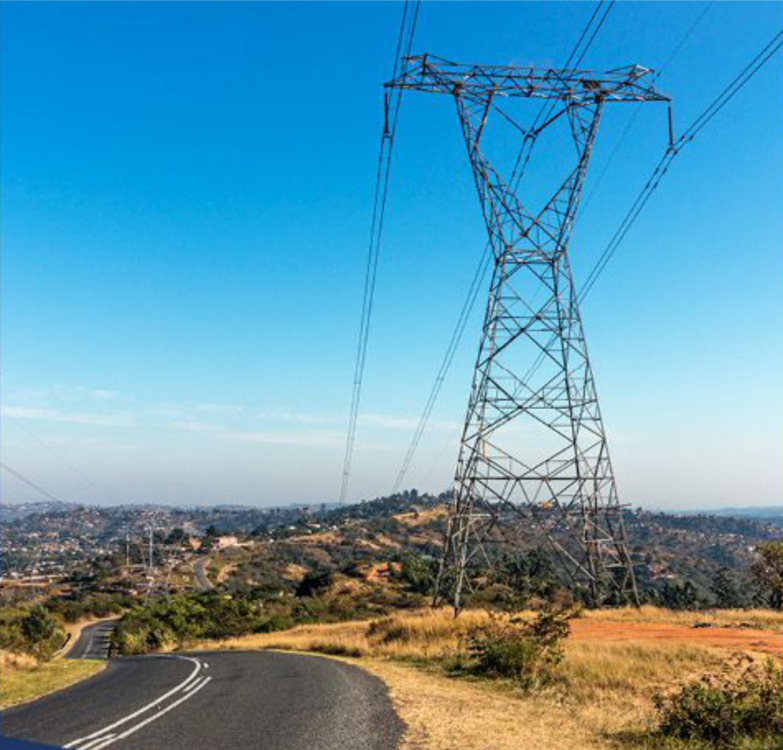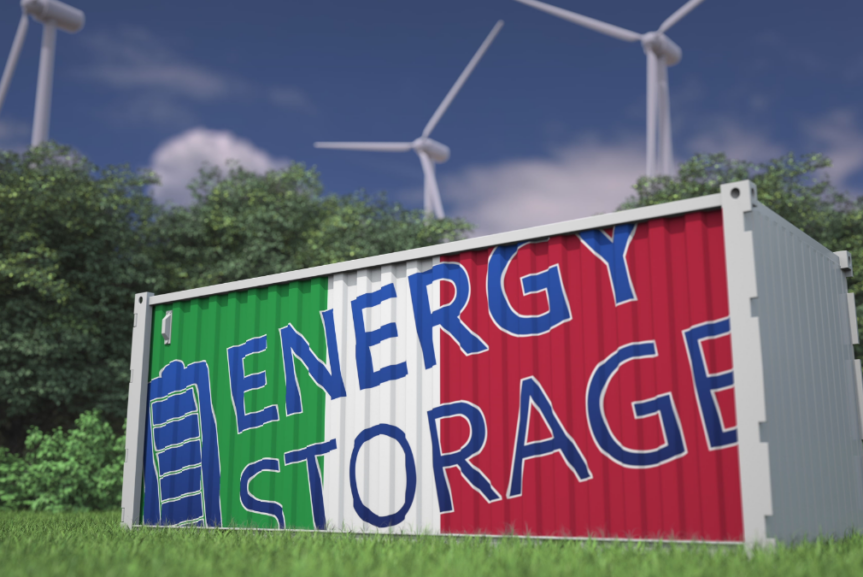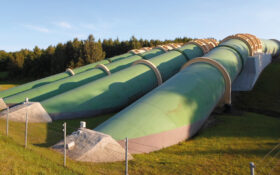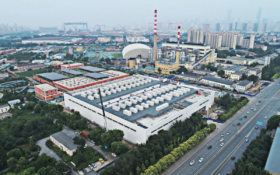Canadian think tank International Institute for Sustainable Development (IISD) has said South Africa should develop energy storage to ease the problem of persistent power cuts during peak demand.
In a new report, it said South Africans experienced more scheduled power cuts in the first six months of 2023 than in all of 2022.
Richard Halsey, policy advisor in Cape Town for IISD and the lead author of the report, said: “While deployment of batteries at commercial, industrial, and residential sites is accelerating, the rollout is happening in an uncoordinated manner, primarily as a self-funded response to worsening load shedding.
“South Africa needs national and municipal grid storage strategies, which will provide a positive signal to the energy storage industry that it can safely develop supply chains.”
Adding batteries to residential generators can lower demand for power from state energy company Eskom, the report said. Existing pumped hydro can reduce the need for load shedding when power consumption is at its peak.
Energy storage would also complement intermittent renewable energy, optimise a congested grid, help better use of existing power plants and improve public power supplies. It would also be a cost-effective alternative to immediate grid expansion.
Domestic batteries are increasingly being installed in South Africa but grid storage has had little attention, according to the report.












